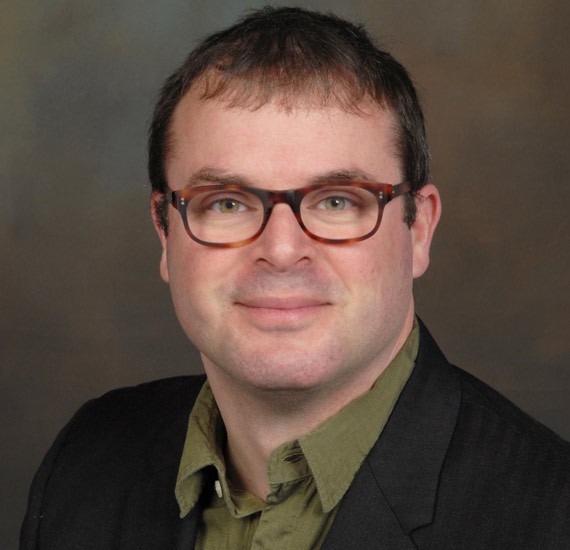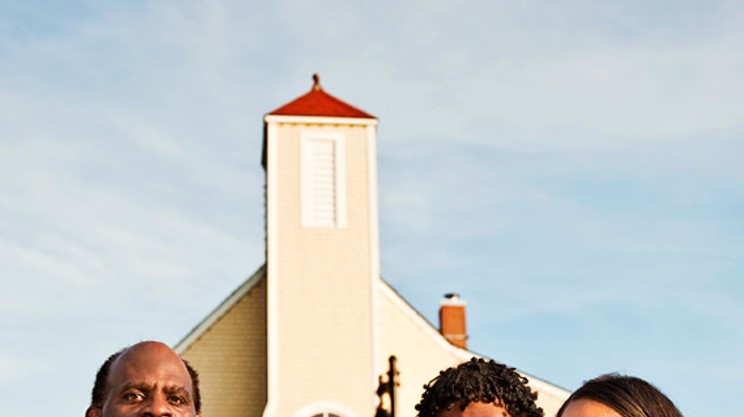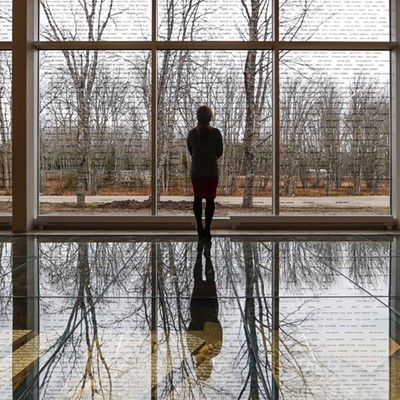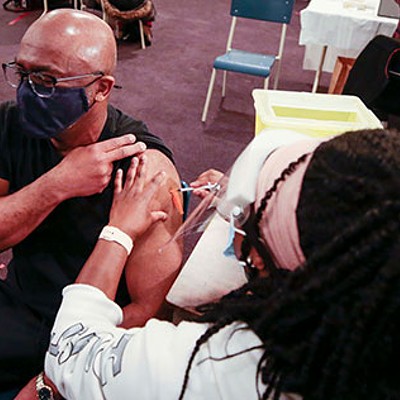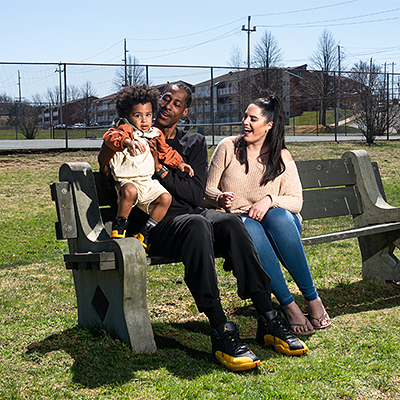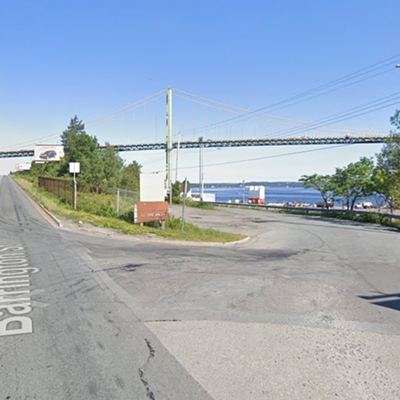Russell Field started a research project this year that includes case studies of sports and recreation in the former Africville area of Halifax, and a workers’ gym operated by the One Big Union—a defunct trade union organization in Winnipeg. Field, an assistant professor in the faculty of kinesiology and recreation management at the University of Manitoba, is also a research fellow with the Centre for the Study of Sport and Health at Saint Mary’s University.
What’s the nature of your project, A People’s History of Canadian Sport?
The history of sport in this country, including its telling by academics, is dominated by major themes such as the rise of amateur sport [including the Olympics] among upper-/middle-class men and the growth of hockey as a commercial force in conjunction with the expansion of the sport media. Historians have done much to insert silenced voices, especially women into this story, but there is much more that can be done.
Why did you decide to examine the One Big Union and former Africville settlement?
I picked two case studies to begin this project, one close to home and one in Halifax where the notion of the larger project first originated. The [latter] study highlights the importance of community by looking at the history of sport and recreation among African Nova Scotians, with a focus—at least at the outset—on Africville. Despite Africville being the focus of academic and popular histories, sport and physical activity in the community has received less attention. The [former] case study emphasizes the role trade unions played in offering an alternative to commercial sport in the years between the two World Wars. The 1919 Winnipeg General Strike remains a touchstone moment in Canadian history. While the One Big Union is best known for its role in these events, the union offered other benefits to its membership [such as] a gymnasium in downtown Winnipeg.
You’re in the early stages of your research. What will likely be produced at the end?
The two case studies…will hopefully result in academic papers as well as provide the evidence on which to suggest a broader team of historians be pulled together to consider other case studies that can be included to recast Canadian sport through a people’s history lens. The goal is to create resources that make these stories publicly accessible.
How can former Africville residents get in touch with you to share their experiences?
I would very much appreciate the opportunity to speak with people in the African Nova Scotian community about their experiences with sport and physical activity in Africville or other communities. I hope to be in Halifax the second week of November. But before then, I can be reached at 204-474-8312 or [email protected].
What’s been the socio-cultural record in this country of people of African descent and their involvement in sports and other physical activities?
I spent a week in Halifax in July doing some archival research and visiting a number of public history sites, including the Black Cultural Centre and the Africville Museum. These exhibits offered some specific details about sport and play and also some great visual culture about these activities. The book Black Ice and the sport-focused resources on display at the Black Cultural Centre, as well as the material honouring athletes such as George Dixon at the Nova Scotia Sports Hall of Fame are all illustrative of the significance of sport and physical activity to Afro-Canadians.
Interview conducted and edited by Michael Lightstone

